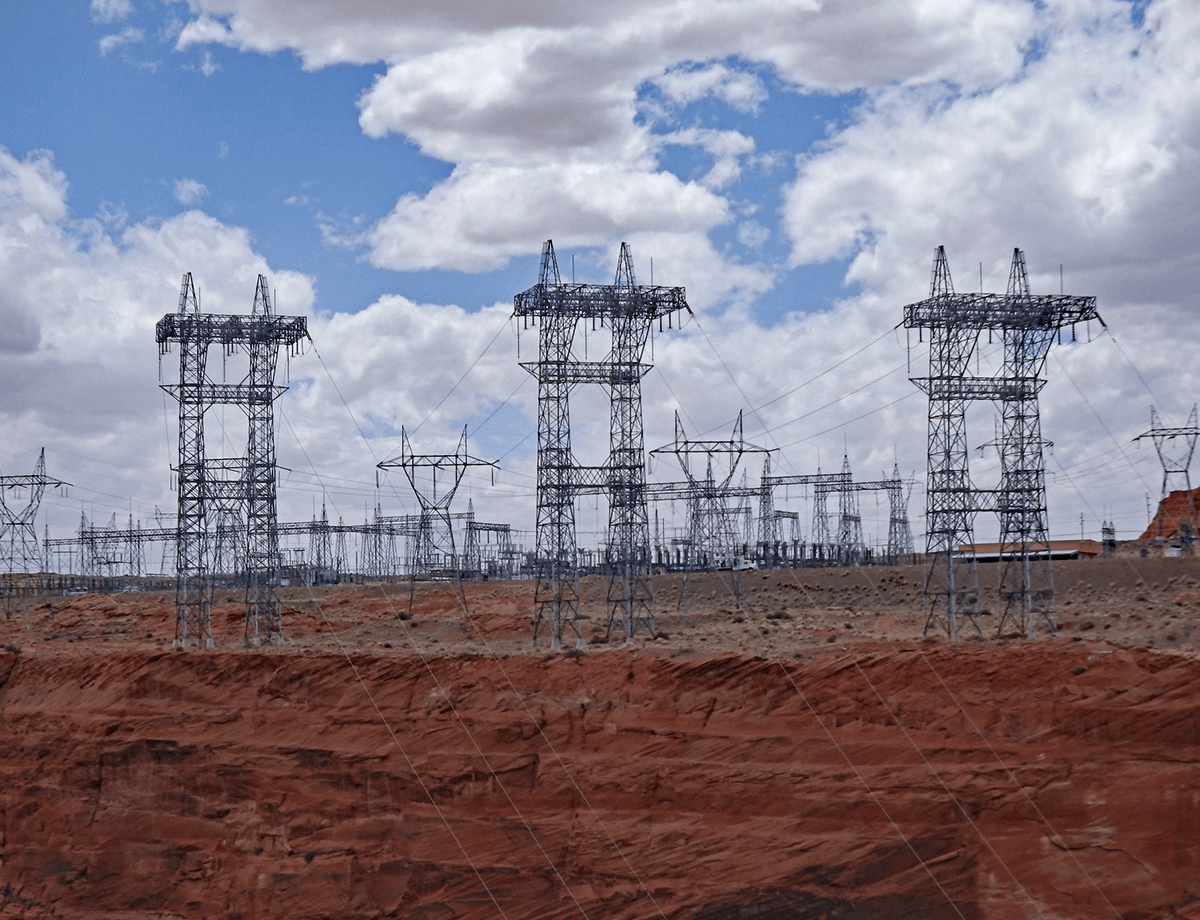Leveraging its large bandwidth, low latency, and integrated communication-sensing capabilities, millimeter-wave technology demonstrates vast potential in power industry digitalization. Deep integration with AI and edge computing extends applications to microgrids and virtual power plants. The dedicated spectrum ensures grid security requirements while providing flexible support for energy internet infrastructure.
ASMOTE
Energy

The 26GHz dedicated frequency and private network brings the following values to the energy and power industry
Millimeter wave supports high-concurrency data transmission from hundreds of cameras and multiple sensors. In scenarios like photovoltaic power stations and energy storage systems, it enables real-time collection and analysis of massive equipment status data through high-speed communication
Millimeter wave's 99.999% deterministic and reliable low latency meets differential protection's requirements for end-to-end real-time synchronization, preventing protection malfunctions or failures due to communication delays. It enables rapid response to grid load fluctuations and achieves millisecond-level regulation to ensure stable grid operation
The communication-sensing synergy simultaneously enables real-time equipment data backhaul and AI-powered processing of sensory data to identify equipment failures or environmental risks (e.g., bird collision warnings). It promotes the application of low-altitude economy in the power grid industry
The millimeter wave dedicated frequency and private network provides secure isolation of networks and data, delivering more reliable support for safe operation of power grid services
Applications
